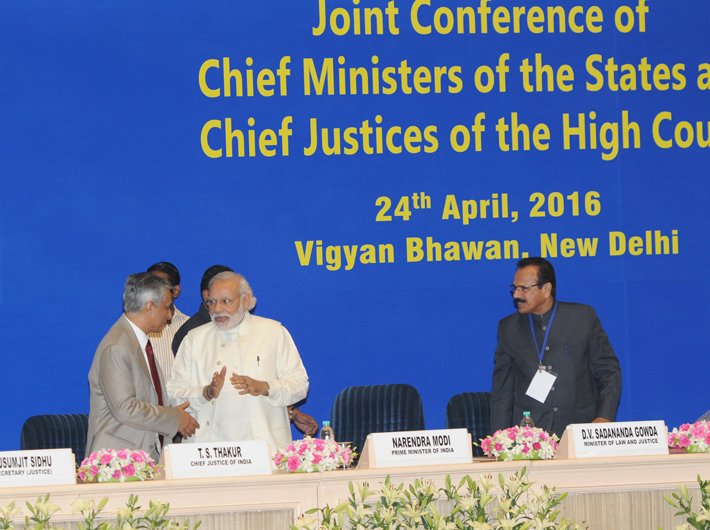CJI, PM revive the debate over the colonial tradition of summer breaks in judiciary

Archana Mishra | April 25, 2016

There was a time when philanthropy in India meant two things: generosity and immediacy. You saw a problem, wrote a cheque, and a life was eased. That impulse is pure and indispensable. But increasingly, many of us who have been gifted the capacity to give are asking a different question: how can my giving
October 2 is celebrated as Gandhi Jayanti and globally as the International Day of Non-Violence, as declared by the United Nations – a dual tribute that reflects both national pride and global respect for the Mahatma. The UN General Assembly adopted a resolution in June 2007 affirming
The Ministry of Finance has announced an extension of the deadline for eligible individuals to opt into the Unified Pension Scheme (UPS). The revised deadline is now November 30, 2025. The Unified Pension Scheme, implemented on April 1, 2025, allows eligible existing employees, past retirees
OTP Please: Online Buyers, Sellers and Gig Workers in South Asia By Vandana Vasudevan Penguin, 384 pages, Rs 499
Anger is not a flaw; it is one of our oldest instincts, deeply embedded in human nature for survival. At its best, it helps us confront threats, assert boundariesand respond to injustice. But when anger is left unchecked or unprocessed, it can escalate into violence. What begins as a natural emotion can, o
Language of the Immortals: A Concise History of Sanskrit By G. N. Devy Aleph Books, 96 pages, Rs 399

